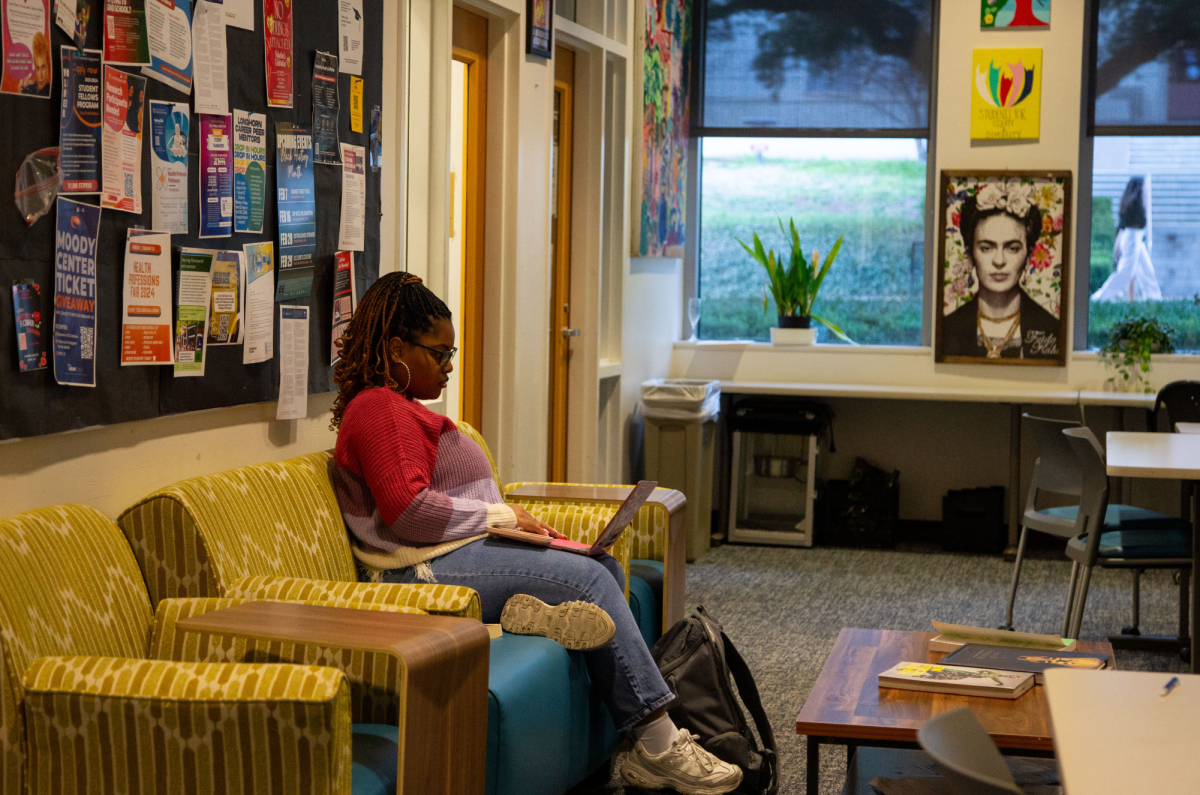Pulitzer Prize-winner Lawrence Wright said it took years for him to come to terms with what he saw while covering America’s involvement in the atrocious conflicts in the Middle East.
Wright, who is the 2010-11 Cline Centennial Visiting Professor for the Humanities Institute at UT, earned the Pulitzer in 2007 for his book, “The Looming Tower: Al-Qaeda and the Road to 9/11.” But after this difficult exercise in maintaining journalistic objectivity, many were curious about his side of the story.
“My friends asked me again and again, ‘Well, what was it like for you, how did it affect you?’” Wright said. “And I realized that I hadn’t really processed how it had affected me emotionally.”
Wright decided to pen a play, his first inclination being toward musical comedy or “anything to get [him] away from the subject of terrorism.” Instead, in 2006, he produced a one-man show entitled “My Trip to al-Qaeda,” a deeply personal take on all he had experienced, with a special focus on the moral dilemmas that came with getting into the inner sanctum of the men at the heart of al-Qaeda.
Academy Award-winning director Alex Gibney then converted the play into a documentary in 2010 using footage from the events Wright covered in his journalism career and from Wright performing the show itself. The Humanities Institute screened the film Wednesday to a crowd of about 100 people.
“The film is his personal story,” said Humanities Institute director Pauline Strong. “It’s a story about his personal encounter with the development of terrorism. The play and the documentary of the play help us to think about our personal relationship to global issues, as well as our relationship as Americans to global issues.”
The film acted as an effective tool of reflection for Alyssa Creagh, a sophomore in the School of Fine Arts.
“The documentary really shed light on how the American viewpoint on the war was pretty limited,” she said. “Not a lot of people knew about the torture our government administered, and it seems that many decided not to believe it rather than make sure their government was accountable.”
In the middle of the film, Wright lays out bin Laden’s ultimate plan for al-Qaeda — a complete overthrow of the autocratic regimes populating the Middle East in favor of Islamic rule. With the current eruption of revolution throughout the Middle East, this proclamation is eerily prophetic. But, Wright said during a Q&A after the screening, the current revolutions found inspiration not in al-Qaeda, but in the United States.
“The greatest thing we’ve ever done in the eyes of Muslim hearts is elect Barack Obama as president,” he said. “It gave a powerful model on how to bring about true, direct change. I think what’s happened in Tunisia and Egypt is a direct effect of that.”
Staying true to those values is key to maintaining this model, Wright said.




















